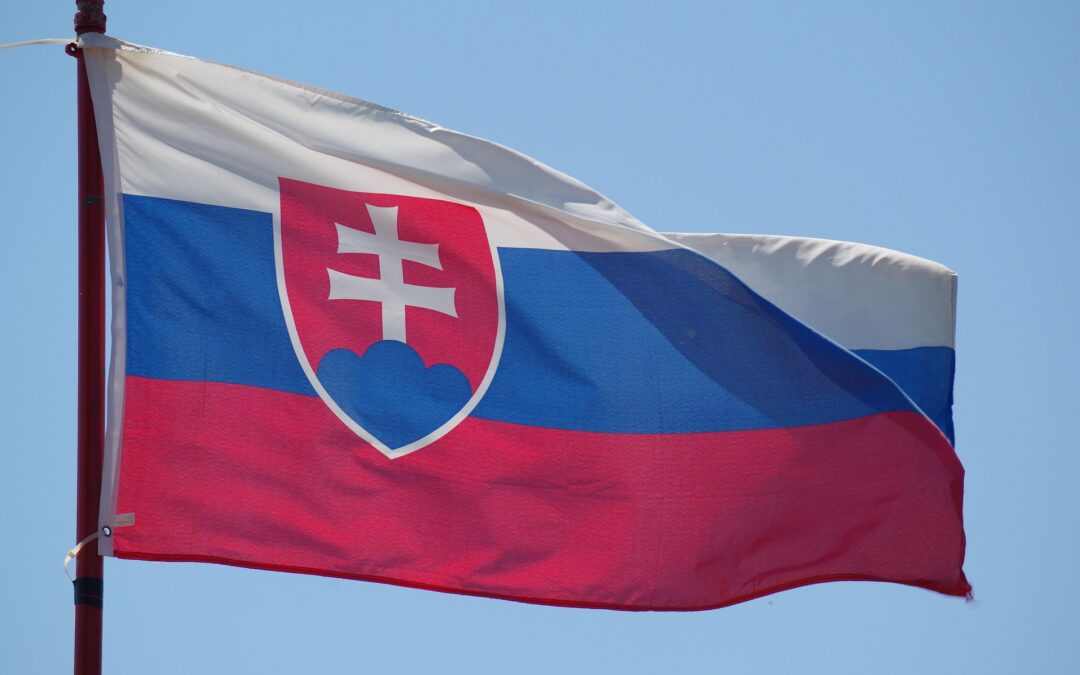

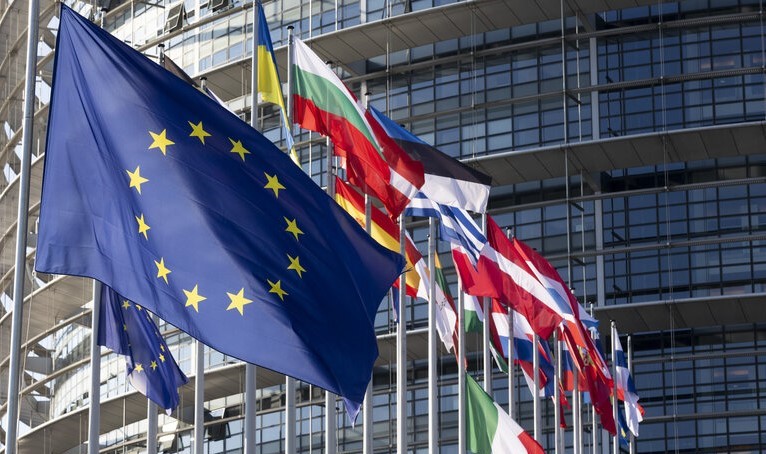
EU: Urgent action needed to sustain global development aid
The International Commission of Jurists (ICJ), together with over 60 civil society organizations, has joined an urgent appeal calling on EU leaders to take immediate action to address the global development aid crisis triggered by recent decisions by the U.S....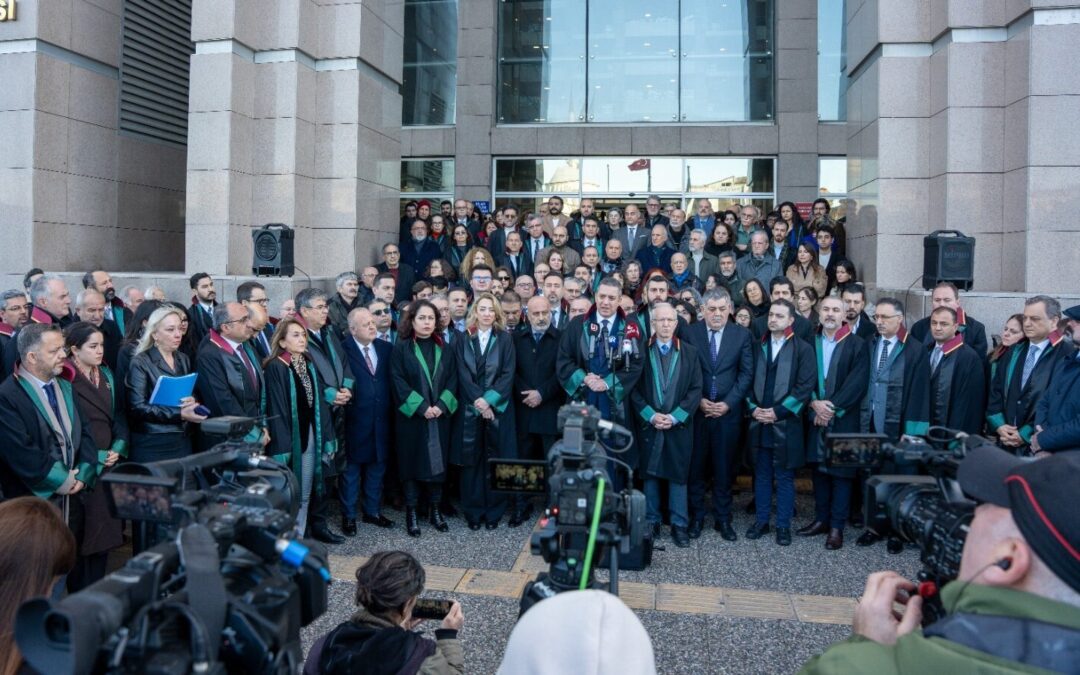
Türkiye: Authorities must end unlawful proceedings against the Istanbul Bar Association
The International Commission of Jurists (ICJ) expresses concern over the criminal proceedings initiated against the Istanbul Bar Association, including its President, İbrahim Kaboğlu, and members of its executive board. The ICJ further condemns the detention of Fırat Epözdemir, a member of the executive board, who was arrested upon his return from an advocacy visit to Council of Europe institutions. These actions constitute a direct attack on the independence of the legal profession and the rule of law in Türkiye.
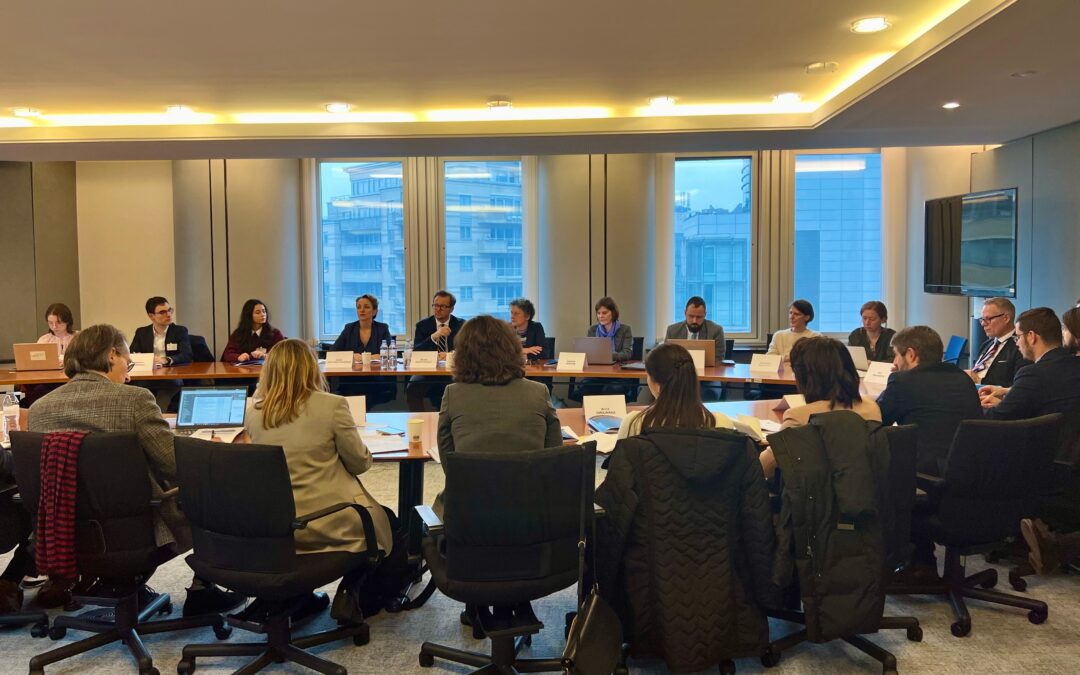
EU: Judicial independence in Member States discussed at the European Parliament
On 15 January 2025, the ICJ, in cooperation with MEP Michal Wawrykiewicz and MEP Tineke Strik, hosted the final event of the Rule of Law for Lawyers (ROLL) project at the European Parliament.
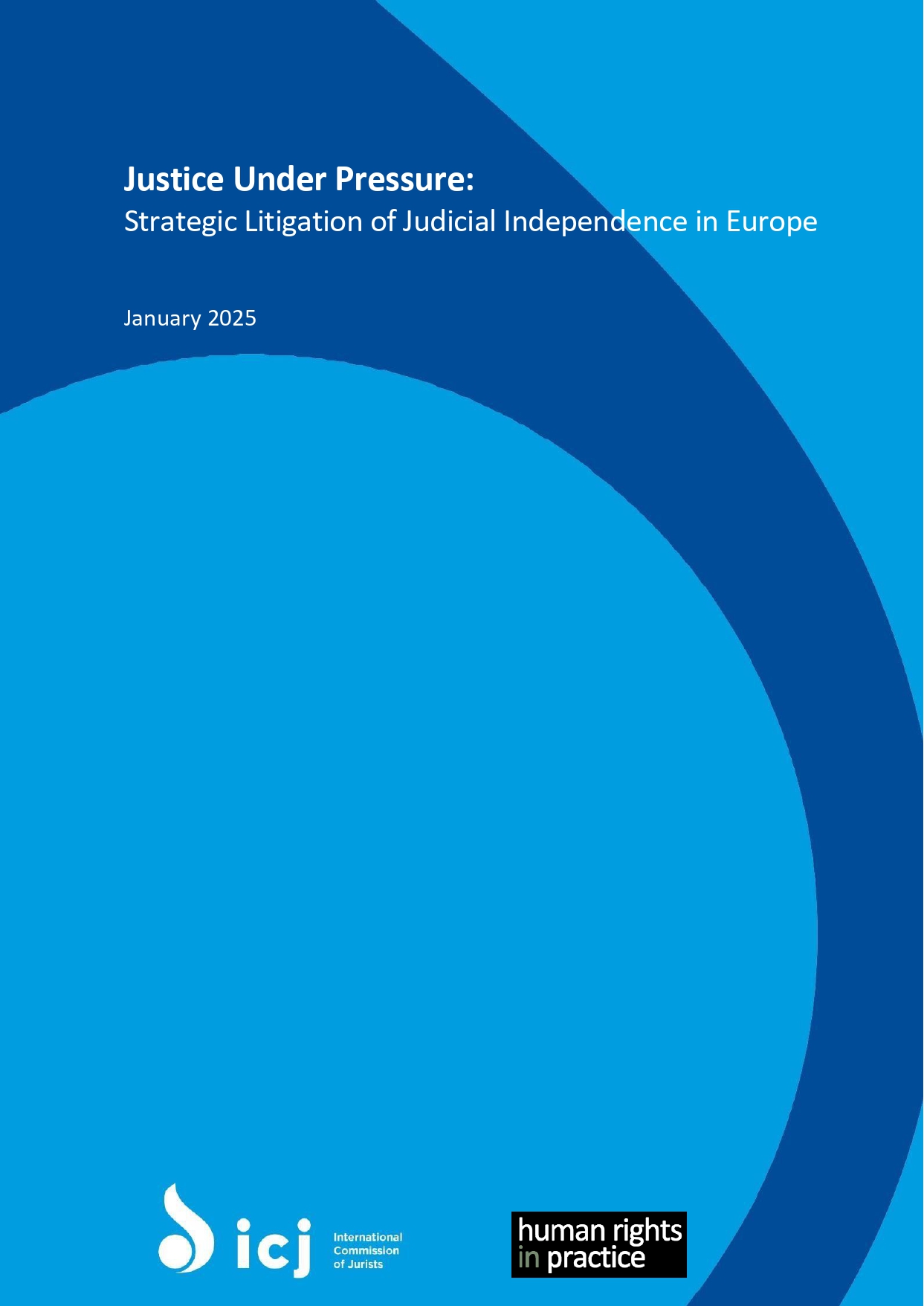
EU: New Report on Strategic Litigation of Judicial Independence
The report, Justice Under Pressure: Strategic Litigation of Judicial Independence in Europe, published by ICJ and Human Rights in Practice, provides a comprehensive overview of standards and practices on strategic litigation to defend judicial independence and accountability in Europe.




